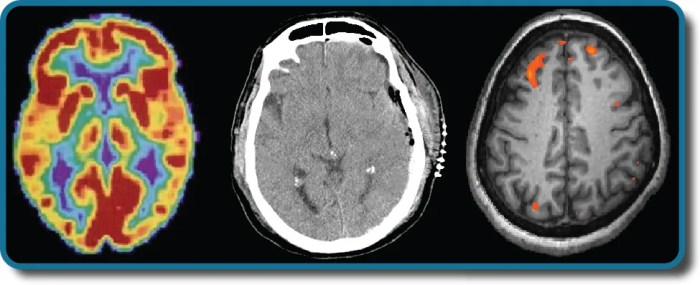Psychology 2e Answer Key Chapter 1 is an indispensable resource for students seeking a comprehensive understanding of the fundamental concepts and principles of psychology. This guide provides a detailed breakdown of the chapter’s content, including key terms, research methods, ethical considerations, and real-world applications of psychological principles.
By exploring the intricacies of human behavior and mental processes, Psychology 2e Answer Key Chapter 1 empowers readers to delve into the fascinating world of psychology, gaining a deeper appreciation for its scientific foundations and practical implications.
Chapter Overview
Chapter 1 of the psychology textbook provides an introduction to the field of psychology, its history, methods, and applications. It lays the foundation for understanding the subsequent chapters by establishing the key concepts and principles that shape the discipline.
The chapter is organized into several sections, beginning with a brief history of psychology and its evolution from philosophy and physiology. It then delves into the major perspectives in psychology, including biological, cognitive, behavioral, humanistic, and psychodynamic approaches.
Key Concepts
Psychology
Psychology is the scientific study of behavior and mental processes. It seeks to understand how individuals think, feel, and behave, and how these processes are influenced by biological, psychological, and environmental factors.
Behavior, Psychology 2e answer key chapter 1
Behavior refers to any observable action or response made by an individual. It can be voluntary or involuntary, and it can range from simple reflexes to complex cognitive processes.
Mental Processes
Mental processes include all the internal, subjective experiences of an individual, such as thoughts, emotions, memories, and perceptions. These processes are not directly observable, but they can be inferred from behavior and other indirect measures.
Research Methods
Observational Methods
Observational methods involve observing and recording behavior in its natural setting. This can be done through direct observation, where the researcher observes the behavior firsthand, or through indirect observation, where the researcher uses recordings or other data to collect information.
Experimental Methods
Experimental methods involve manipulating one or more variables to determine their effect on behavior. This allows researchers to establish cause-and-effect relationships and to test hypotheses about the underlying mechanisms of behavior.
Correlational Methods
Correlational methods involve measuring the relationship between two or more variables without manipulating them. This can help researchers identify relationships between variables, but it does not allow them to establish cause-and-effect relationships.
Ethical Considerations

Informed Consent
Informed consent requires that participants in research studies be fully informed about the nature of the study, the procedures involved, and any potential risks or benefits. Participants must give their voluntary consent before participating in the study.
Confidentiality
Confidentiality requires that the researcher protect the privacy of participants and keep their data confidential. This means that the researcher cannot share the participant’s data with anyone without their consent.
Protection of Participants
The researcher must take steps to protect participants from any physical or psychological harm. This includes obtaining informed consent, ensuring that the research procedures are safe, and providing appropriate support and resources to participants.
Applications of Psychology: Psychology 2e Answer Key Chapter 1
Education
Psychology is used in education to help students learn more effectively. Psychologists can help teachers develop effective teaching methods, design curricula, and create supportive learning environments.
Healthcare
Psychology is used in healthcare to help people cope with illness, manage pain, and improve their overall well-being. Psychologists can also help healthcare professionals develop effective treatment plans and provide support to patients and their families.
Business
Psychology is used in business to help organizations improve employee productivity, motivation, and job satisfaction. Psychologists can also help businesses develop effective marketing campaigns and create positive work environments.
FAQ Insights
What are the main themes covered in Chapter 1 of Psychology 2e?
Chapter 1 of Psychology 2e introduces the fundamental concepts of psychology, including its definition, history, and major perspectives. It also explores the scientific method and its application in psychological research.
What are some examples of key psychological terms introduced in Chapter 1?
Chapter 1 introduces key terms such as behavior, cognition, emotion, and personality. These terms are essential for understanding the basic building blocks of human psychology.
How does Chapter 1 discuss the importance of ethical considerations in psychological research?
Chapter 1 emphasizes the ethical principles that guide psychological research, including informed consent, confidentiality, and the protection of participants. These principles ensure that research is conducted in a responsible and ethical manner.